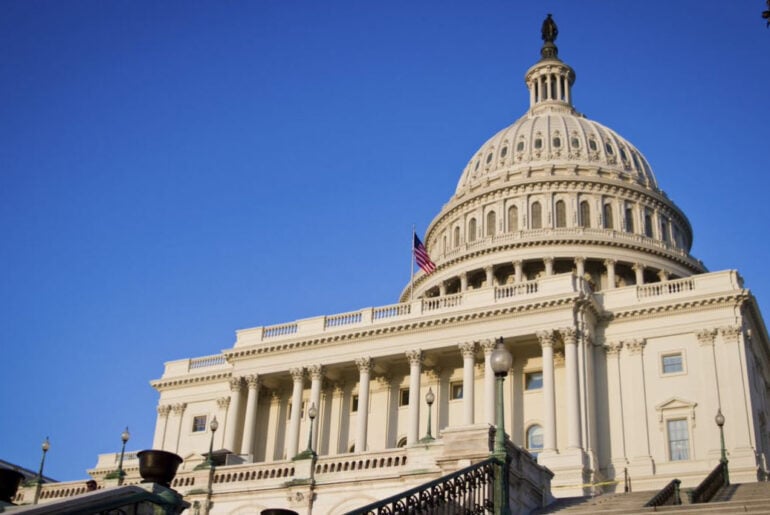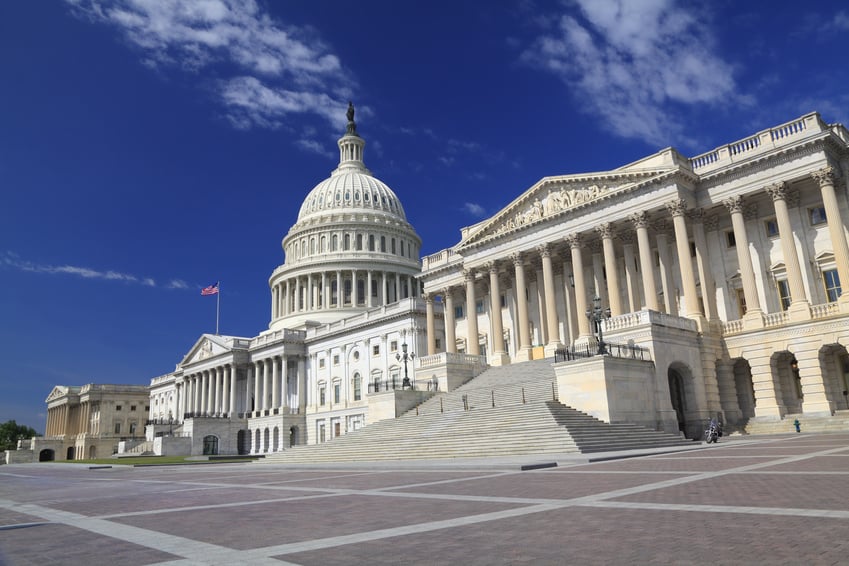The Energy Charter Treaty (ECT) is an investment treaty that enables multilateral cooperation in the energy sector. Fifty-three states are currently contracting parties to the treaty, including countries in Europe, Asia and the Middle East, as well as the European Union. On 18 November 2022, Luxembourg announced its intention to withdraw from the ECT, joining the wave of countries signaling their intention to pull out of the ECT.
In our 60-minute webinar on 14 March 2023 at 3:00pm CET, we’ll help in-house counsel and competition leaders track what to keep top of mind for 2023 in emerging markets, including Morocco, Egypt, Turkey, South Africa and Saudi Arabia. We’ll also provide practical takeaways to help navigate the new landscape.
2023 is gearing up to be an interesting year for those in the life sciences sector, with upcoming reforms to the established regulatory and IP landscapes that will impact innovator strategies in R&D, commercialization, and patent enforcement. While reforms are currently under draft by the European Commission, the key areas of anticipated change are highlighted in a newly published article in The Life Sciences Lawyer.
In its first criminal no-poach prosecution to result in a penalty against an individual, the US Department of Justice has entered into a pretrial diversion agreement that requires the defendant to complete 180 hours of community service, refrain from any criminal activity or unlawful drug use, and surrender his passport for six months. In exchange, the defendant will not be incarcerated or face further penalties in connection with the underlying no-poach charges. While the penalties are not severe, they constitute the first time that penalties have been assessed against an individual defendant and have important implications for corporate officers, directors, managers, and HR professionals.
The Federal Trade Commission has just announced its annual adjustment to the notification thresholds that determine whether proposed transactions may trigger a filing obligation under the Hart-Scott-Rodino Antitrust Improvements Act of 1976, as amended, which will apply to transactions that close on or after 27 February 2023.
Employers have been keeping a close watch for rulemaking and action by the Federal Trade Commission restricting non-competes. The FTC answered the Executive Order’s call with enforcement activities and a proposed rule signaling a considerable effort to prioritize employer-employee non-compete covenants as an area for increased enforcement. In this video, our Labor & Employment, Antitrust & Competition and Trade Secrets lawyers discuss the FTC’s proposed rule and enforcement activity, what it means for employers, and what employers can do now to protect their trade secrets in light of what may be coming from the FTC.
In 2019, the Indonesian Competition Commission (KPPU) issued a regulation that asserted that KPPU has the authority to review acquisitions of assets, not just acquisitions of shares. Since then, hundreds of acquisitions of asset transactions have been notified to KPPU. KPPU’s concepts of “assets” and their “acquisition” under this regulation are very broad.
On 4 January 2023, the new UK subsidy control regime under the Subsidy Control Act 2022 came into force. This completes the overhaul of the UK’s approach to subsidies following Brexit and the UK’s decision to diverge from the EU’s State aid regime. The new rules will apply to subsidies granted by public authorities on or after 4 January 2023.
On 5 January 2023, the Federal Trade Commission voted 3-1 to propose a new rule that would significantly restrict the use of non-compete clauses between employers and employees. The FTC’s proposed rule represents the FTC’s first foray into Section 5 competition rulemaking under Chair Lina Khan. The proposed rule follows a set of enforcement actions taken by the FTC against non-compete covenants in certain employer contracts.
President Joe Biden’s omnibus spending package included three pieces of new antitrust legislation: (1) the Merger Filing Fee Modernization Act; (2) the State Antitrust Enforcement Venue Act; and (3) the Foreign Merger Subsidy Disclosure Act. The Merger Filing Fee Modernization Act will alter filing fees for transactions requiring antitrust review under the Hart-Scott-Rodino Act. The new fee structure will reduce filing fees for smaller transactions, while significantly increasing fees for the largest ones.



